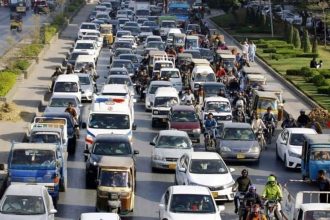US President Barack Obama has included both Pakistan and India on a list of (top) 22 drug producing and trafficing countries that “significantly affect the United States”.
Other countries on the list are Afghanistan, The Bahamas, Belize, Bolivia, Burma, Colombia, Costa Rica, Dominican Republic, Ecuador, El Salvador, Guatemala, Haiti, Honduras, Jamaica, Laos, Mexico, Nicaragua, Panama, Peru, and Venezuela.
The presidential determination order 2016, however, clarifies that a country’s presence on the list does not reflect its government’s counter-narcotics efforts or level of cooperation with the United States.
“The reason major drug transit or illicit drug producing countries are placed on the list is the combination of geographic, commercial, and economic factors that allow drugs to transit or be produced,” the order explains.
It acknowledges that some of these governments have carried out “the most assiduous narcotics control law enforcement measures.”
The presidential order also includes a description of the illegal poppy cultivation in Afghanistan, including it “among the most difficult international drug-control problems”.
It notes that for 15 of the last 16 years, Afghanistan has been the world’s largest producer of opium poppy.
The US government estimated that in 2014 Afghanistan cultivated 211,000 hectares of opium poppy and produced 6,300 metric tons of opium, which is up 7 per cent and 15 per cent over 2013 levels, respectively.





